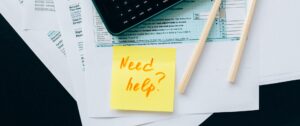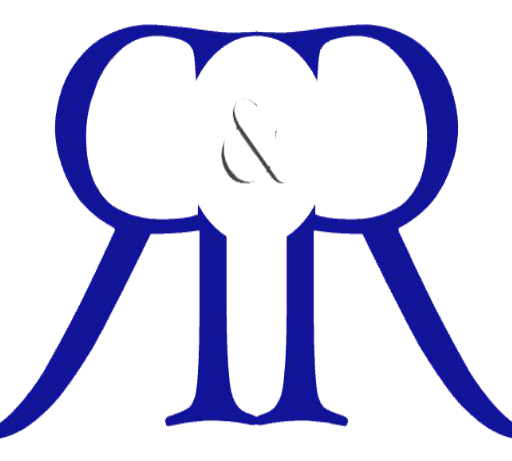
Handling Accounting & Taxes as a Freelancer in Canada
If you work freelance either full-time or part-time, you’ll soon find that there is a lot of paperwork to do, invoices and expenses to take care of, and various other accounting practices to follow. Plus, completing your income taxes can be more complicated, since you won’t receive a T4 slip.
Here are some tips for how to best handle your accounting as a freelancer in Canada.
Be Organized
When you work freelance, you won’t get an easy summary of your income and the taxes that you paid at the end of the tax year. Instead, you’ll need to keep track of this information yourself. If you don’t maintain organized and accurate accounting records, you’re bound to misplace or forget something. It can be quite difficult to file your taxes accurately without all of the information you need, so make sure you have an organizational system and that you stick to it.
In addition, as a freelance worker, there are several dates you’ll need to be aware of and keep track of. If you pay your income tax in installments or if you collect GST or HST, you’ll need to make quarterly (or annual) payments to the government by certain deadlines. It’s important to keep track of when these payments are due, so you don’t miss any. Having an organized system and a detailed calendar of your tax obligations for the year will help you.
Keep Your Receipts
When you earn freelance income, you’re also legally allowed to deduct certain expenses that you took on in order to earn your income. This includes advertising expenses, office supplies, equipment that you need to do your job, and much more. However, the Canada Revenue Agency (CRA) requires you to provide receipts for any expenses that you claim, and you’ll need to present these receipts if your taxes are reassessed or you are audited.
Be sure to keep all of your relevant documentation in a safe place where you won’t lose it and where you’ll know how to find it. If you buy something online, be sure to keep a copy of the invoice or the receipt either digitally or in a printed copy.
Save for Taxes
When you work freelance, you don’t have income taxes taken off of your pay at the source like you do when you work for an employer. This means that it’s your responsibility to save some of your income to pay your taxes. You’ll also need to contribute both the employee and employer portions of the Canada Pension Plan.
This means you’ll need to save throughout the year so you don’t find yourself unable to pay your taxes and other commitments when they’re due. How much you’ll need to save will depend on how much you earn, so keep track of your invoices and estimated tax bill throughout the year and be sure to set enough money aside. Remember, a good year for your business will also likely mean a big tax bill.
Get Help
Keeping track of all your tax obligations, being aware of possible deductions, and staying up to date on the Canadian tax code can be time consuming and stressful. This is especially true when you’re busy working hard to earn an income. It’s tough to dedicate the time to bookkeeping and accounting.
A tax professional can be a big help for anyone who earns a freelance income. Find out how the Chartered Professional Accountants at R&R LLP can help you. We understand the tax code in and out and can help you develop strategies to ensure you’re in an optimal situation with your accounting and taxes. Contact us today for more information.








